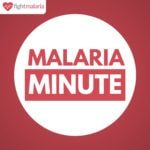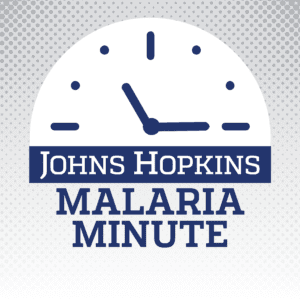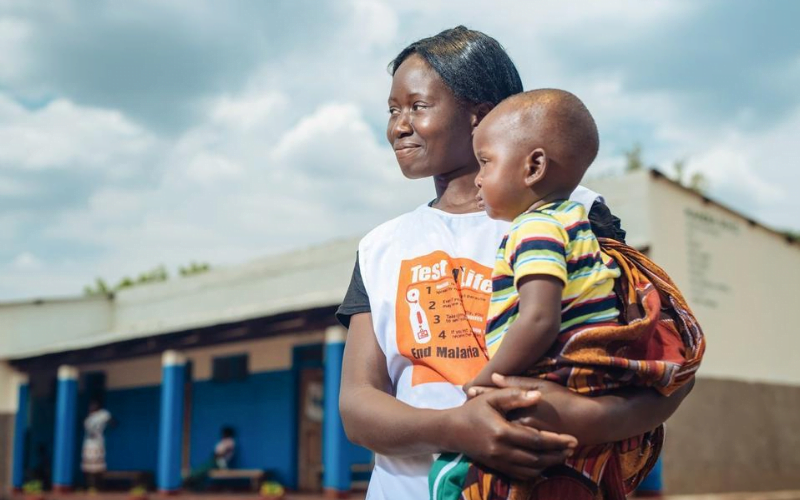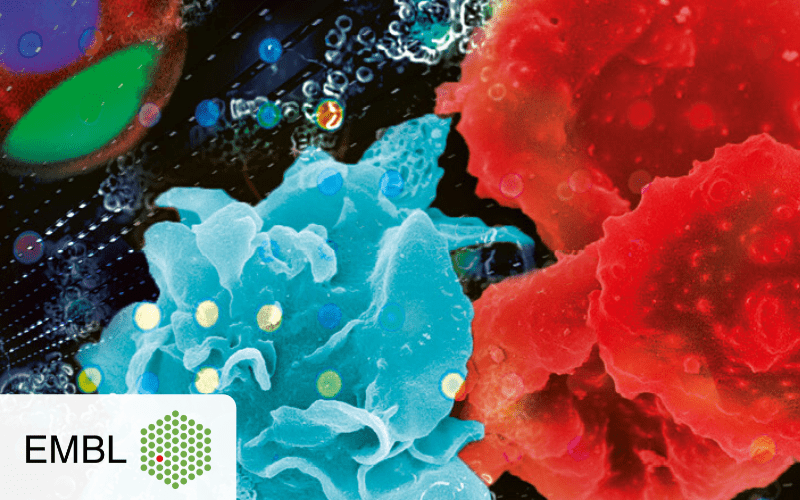Distilling the science of malaria
We assimilate malaria research and communicate key findings in podcast form.
Along the way, we interview scientists and decision-makers from around the world.
Distilling the science of malaria
We assimilate malaria research and communicate key findings in podcast form.
Along the way, we interview scientists and decision-makers from around the world.
In September 2021, the Malaria Minute was rebranded the Johns Hopkins Malaria Minute.
9th April 2021
25th December 2020


Malaria FAQs
Malaria questions, answered by us.
Malaria is an infectious disease transmitted by mosquitoes. It is most prevalent in Africa, where more than 90% of cases occur. There are several species of malaria that can infect humans; the two most common are P. falciparum and P. vivax.
Malaria is caused by the single-celled Plasmodium parasite which requires both the Anopheles mosquito and a human host to complete its lifecycle.
Malaria is transmitted by mosquitoes. However, only the Anopheles mosquito, and only females of that genus, can transmit the disease.
Once diagnosed, a malaria infection can be treated using antimalarial drugs. The disease can also be prevented by taking drugs before bitten by a malaria-infected mosquito. Travellers to malaria-endemic areas will be advised to take drugs before, during and after their trip.
In Africa, in areas of high transmission, children under the age of 5 are given a monthly dose of an antimalarial drug during the malaria season. This is known as seasonal malaria chemoprevention (SMC).
At the moment, there is no publicly-available malaria vaccine. However, one vaccine, called RTS,S, is undergoing trials in Africa. These began in 2019.
To learn more, listen to my interview with Dr Ashley Birkett, Director of PATH’s Malaria Vaccine Initiative.


Malaria FAQs
Malaria questions, answered by us.
Malaria is an infectious disease transmitted by mosquitoes. It is most prevalent in Africa, where more than 90% of cases occur. There are several species of malaria that can infect humans; the two most common are P. falciparum and P. vivax.
Malaria is caused by the single-celled Plasmodium parasite which requires both the Anopheles mosquito and a human host to complete its lifecycle.
Malaria is transmitted by mosquitoes. However, only the Anopheles mosquito, and only females of that genus, can transmit the disease.
Once diagnosed, a malaria infection can be treated using antimalarial drugs. The disease can also be prevented by taking drugs before bitten by a malaria-infected mosquito. Travellers to malaria-endemic areas will be advised to take drugs before, during and after their trip.
In Africa, in areas of high transmission, children under the age of 5 are given a monthly dose of an antimalarial drug during the malaria season. This is known as seasonal malaria chemoprevention (SMC).
At the moment, there is no publicly-available malaria vaccine. However, one vaccine, called RTS,S, is undergoing trials in Africa. These began in 2019.
To learn more, listen to my interview with Dr Ashley Birkett, Director of PATH’s Malaria Vaccine Initiative.
Hot Topics
From gene-editing to Artificial Intelligence (AI), we explore pertinent issues concerning the modern-day fight against malaria.
How Decoding the Mosquito’s Sense of Smell Could Take the Bite Out of Malaria.

with Conor McMeniman
Malaria Research Institute, Bloomberg School of Public Health
How Can MDA Reduce Malaria Prevalence?

with John Miller
Senior Malaria Technical Advisor, PATH
Reporting on EMBL’s Virtual BioMalPar Conference.

by Thomas Locke
Editor, Fight Malaria
Malaria Quiz




Malaria Quiz
Put your knowledge of malaria biology and epidemiology to the test with our interactive quiz.
Partners
Who we work with.









